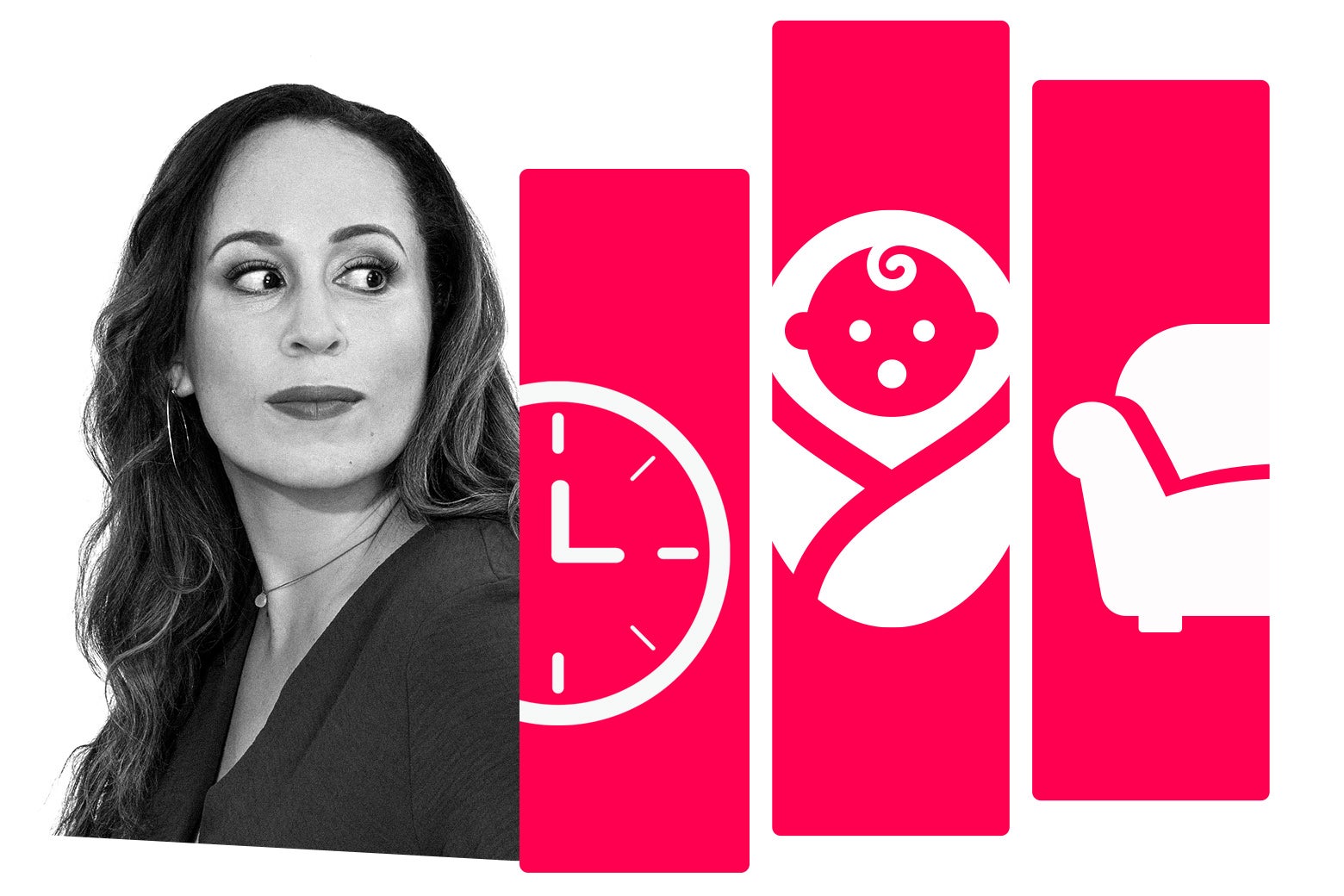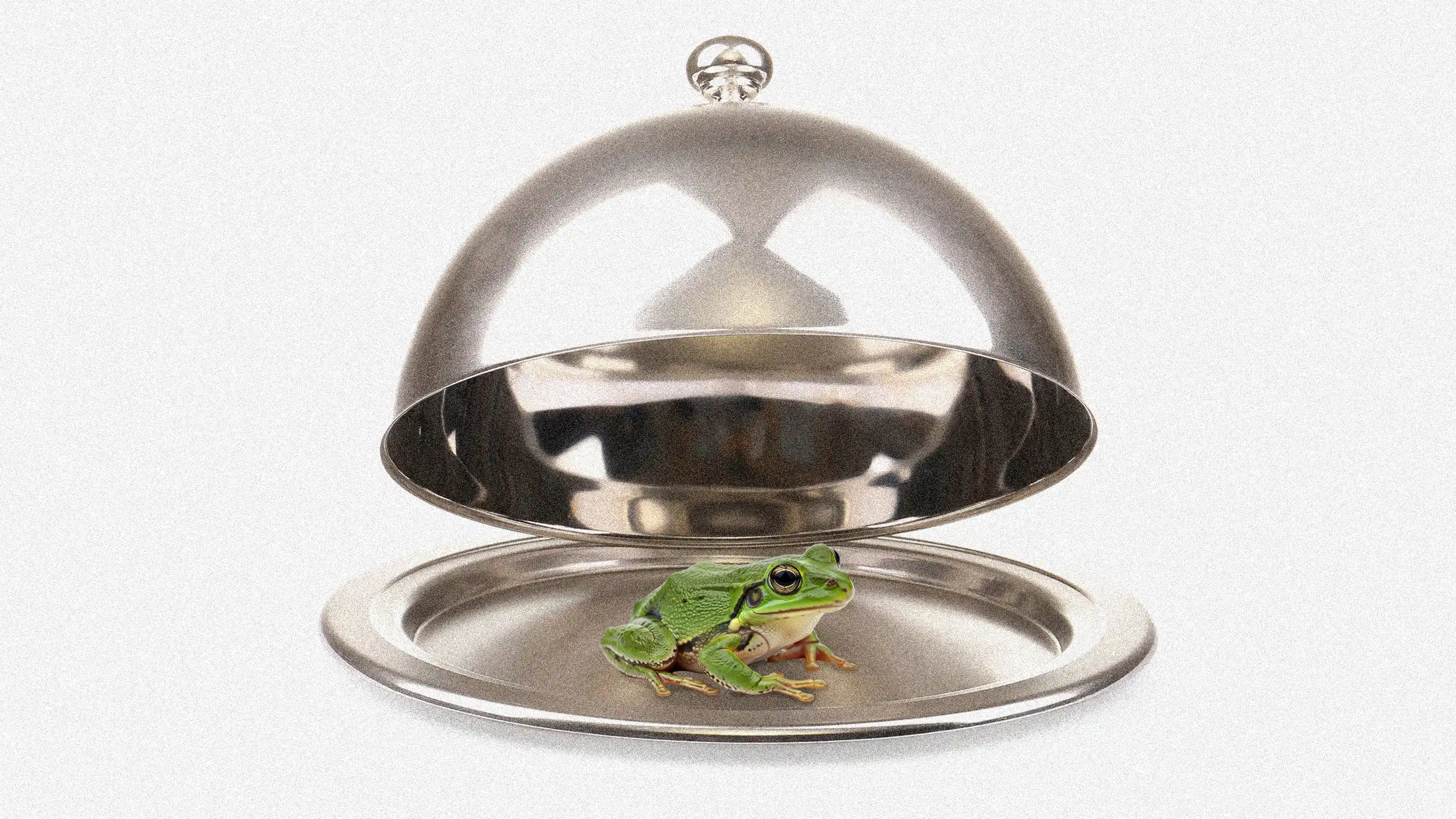#procrastination
#procrastination
[ follow ]
#productivity #motivation #mental-health #adhd #time-management #behavioral-psychology #self-sabotage
Mental health
fromSilicon Canals
1 week agoPsychology says people who feel stuck in life often repeat these 7 daily behaviors that quietly keep them there - Silicon Canals
Daily habits like overthinking, excessive planning, and protective behaviors create self-reinforcing cycles that keep people stuck and hinder progress.
fromPsychology Today
2 weeks agoThe Light on the Dashboard: A Warning We Dismiss
The man had driven his truck for years. It wasn't new, and it wasn't impressive, but it had carried him faithfully through work sites, long winters, early mornings, and late nights. The seats were worn in the places his body leaned into most. The steering wheel knew his hands. The truck had become an extension of how he moved through the world, reliable, quiet, and expected to endure.
Cars
Mental health
fromwww.theguardian.com
2 weeks agoThe pitfalls of perfectionism and why good enough' should be your goal | Gill Straker and Jacqui Winship
Perfectionism, driven by fear of failure and shame, causes anxiety, depression, procrastination and chronic dissatisfaction despite appearing as diligence or high standards.
fromwww.theguardian.com
2 weeks agoTim Dowling: how a toilet-based epiphany saved me from the January blues
The dates don't matter, I wanted to say. It's the 31-day stretch that's important you could do it whenever. But of course this is wrong: we reserve these privations for January on purpose. Despite, or perhaps because of the month's prodigious capacity to disappoint, we go out of our way to make January hard on ourselves. It starts with the tremendously misleading idea of a clean slate.
Food & drink
fromPsychology Today
1 month agoGetting Beyond Regret: How to Finish the Projects You Start
Lingering tasks make us feel bad. The Zeigarnik effect, first documented by psychologist Bluma Zeigarnik a century ago: explains that unfinished tasks stick in memory better than completed ones, creating a cognitive burden and potential anxiety trigger. Research shows that incomplete tasks cause rumination and might even disrupt sleep patterns. We also have a natural drive to finish what we start, because abandoning tasks feels
Psychology
#adhd
Mindfulness
fromPsychology Today
8 months agoADHD and Avoidance: Why You Keep Dodging Important Tasks
ADHD avoidance is a cycle fueled by fear and overwhelm.
Avoiding tasks offers short-term relief but causes long-term stress.
Breaking tasks into small steps alleviates mental paralysis.
Self-compassion and structure are vital to overcoming the avoidance loop.
fromPsychology Today
1 month agoHow to Avoid Procrastinating When You Don't Want to Work
Whether it is putting off doing the laundry, paying your bills, or getting your shopping done, we all procrastinate. As students, the urge to procrastinate is even stronger when you're surrounded by opportunities to have fun. But procrastination has been found to lead to poorer academic performance, higher levels of stress and anxiety, and academic burnout. Lee, Othman, & Ramlee (2025) were interested in determining if there were other treatment modalities besides Cognitive Behavioral Therapy that might help avoid procrastination.
Psychology
Education
fromeLearning Industry
2 months agoThe Psychology Of Procrastination: Why We Put Off Learning Tasks And What We Can Do About It
Procrastination is an emotion-regulation problem where short-term mood repair overrides long-term learning goals, driven by anxiety, boredom, self-doubt, and avoidance.
fromwww.theguardian.com
3 months agoI tried to not procrastinate for a week. Here's what helped the most
I have no idea how to make myself do things in the consistent, reliable way that others seem to: work out, get dressed, cook a veg bowl, book appointments. On rare days, I miraculously do them all. Most others, I thumb screens, nap relentlessly and eat neon-colored snacks covered in sugar and salt. After seven years of freelance life, it's gotten dire.
Productivity
fromArchitectural Digest
7 years ago23 No-Fail Wedding Gifts You Can Buy on Amazon
Don't underestimate the power of Amazon wedding gifts. You know that rule that you have a year after the celebration to dive into the wedding registry and give the newlyweds the perfect gift before you become a rude, uncaring friend? Every single time I'm required to buy a wedding present, I procrastinate so much that I end up sending something juusssst before the 365th day hits. At my worst,
E-Commerce
Productivity
fromwww.theguardian.com
4 months agoI need to send a difficult email. Will a forcing party' help me stop procrastinating?
Mutual accountability sessions called forcing parties can break procrastination by combining focused time, social pressure and brief stimulatory cues to boost motivation.
fromeLearning Industry
4 months agoWhat Is Task Initiation Paralysis And How Can You Overcome It In Your Learning Journey?
Have you ever felt the need to start a task, but you just can't get to that first step? Maybe it's a household chore, a course you've wanted to pursue for a while, even something incredibly trivial-starting simply feels impossible. This experience, a combination of overwhelm and mental freeze, defines the reality of millions of people around the world. And there's a name for it: task initiation paralysis.
Psychology
fromSlate Magazine
4 months agoI Can't Stop Procrastinating. Maybe I Should (Finally) Start Hypnosis?
Much of our common understanding of hypnosis has been gleaned from mind-control plots in Hollywood movies or hokey on-stage demonstrations. On this episode of How To!, Carvell Wallace brings on Stanford University psychiatrist and researcher Dr. David Spiegel to talk about what hypnosis is (and isn't), as well as its potential to address stress, pain, and even athletic performance. Plus, with Carvell wrestling with an ongoing major project, Dr. Spiegel tests our host's hypnotizability-then leads him through an exercise aimed at confronting procrastination.
Psychology
fromMedium
4 months agoThe Anti-Pomodoro method that will actually boost your productivity
Do you look at your To Do List and see all the things you need to do, but decide to procrastinate instead? Or go on YouTube or Tiktok instead of finishing your tasks? This method might be for you. I've tried so many things to try and get stuff done. But I found nothing worked. Until I tried this method. I call it the " Anti-Pomodoro" technique. I've seen a video where the creator called it the "Breadcrumb" method. But the foundation is the same. The answer? Work in 5 minute sprints. Press enter or click to view image in full size
Productivity
Mental health
fromPsychology Today
4 months ago3 Subtle Ways We Self-Sabotage Our Own Growth
Escaping psychological pain through avoidance, distraction, or online consumption provides temporary relief but leads to habits with long-term negative consequences like procrastination and emotional avoidance.
fromEntrepreneur
4 months agoHow to Really Outsmart Procrastination | Entrepreneur
I remember the eureka moment I had about procrastination when I was still a high school Latin teacher. There was a lot of talk about "time management" and "SMART" goals going around the faculty in-service day training. But then one of the teachers spoke out, "This isn't time management as much as it's about an emotion they'd rather avoid." At the time, I volunteered to be a practice client in a coaching session,
Education
fromThe Atlantic
5 months agoI'm a High Schooler. AI Is Demolishing My Education.
In seconds, they had pulled up ChatGPT and dropped the text into the prompt box, which spat out an AI-generated annotation of the chapter. These annotations are used for discussions; we turn them in to our teacher at the end of class, and many of them are graded as part of our class participation. What was meant to be a reflective, thought-provoking discussion on slavery and human resilience was flattened into copy-paste commentary.
Education
[ Load more ]





















